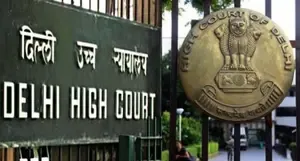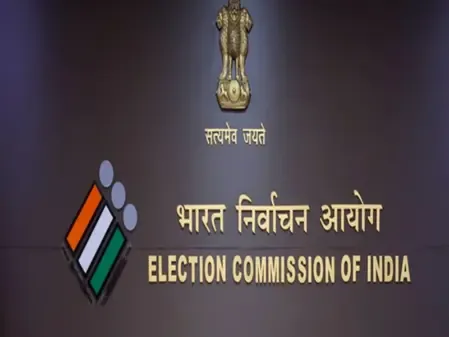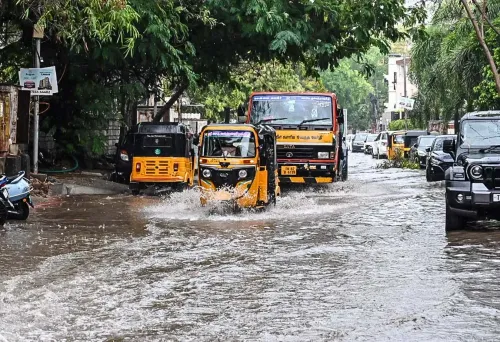Did the Delhi HC Justify the Revocation of Security Clearance for Turkey's Celebi?

Synopsis
Key Takeaways
- Delhi HC dismissed Celebi's plea
- Decision based on national security concerns
- Swift actions prioritized over procedural justice
- Ground operations at key airports involve significant risks
- Precedent for future national security cases established
New Delhi, July 7 (NationPress) The Delhi High Court has rejected a petition from the Turkish firm Celebi Aviation, contesting the Union government's decision to revoke its security clearance due to national security concerns.
This move by the Centre was seen as a retaliatory action against Turkey, which had shown support for Pakistan amid its military engagement with India following Operation Sindoor. Turkey had condemned India's actions, taken as a response to the tragic killing of 26 individuals during a terrorist attack in Pahalgam, Kashmir.
Justice Sachin Datta, leading a single-judge Bench, stated that when national security is in question, the court cannot interfere in the rationale for such actions. He expressed that, “Once national security considerations are established, the judiciary will not question the adequacy or reasoning behind the actions taken,” as per the Bench's review of the information surrounding Celebi's security clearance revocation.
The Court noted that there were “compelling” national security factors necessitating the Bureau of Civil Aviation Security's (BCAS) action. It emphasized the need to prevent any potential for espionage or misuse of logistics capabilities that could jeopardize the nation, particularly during external conflicts.
In its ruling, the Delhi High Court recognized the pressing geo-political factors affecting national safety. It concluded that it was unnecessary for authorities to link the revocation of security clearance to natural justice principles or procedural formalities that might delay critical actions.
The Bench, referencing numerous judicial precedents, asserted that the government has the right to implement pre-emptive measures to safeguard national security. It also cited foreign court rulings which prioritize national security over procedural fairness.
While acknowledging the importance of natural justice, the judgment underscored that the security of the nation is paramount for the preservation of all other rights. The authorities are justified in taking swift, decisive actions to prevent any harm to civil aviation or national security,” it stated.
Celebi Airport Services India, a subsidiary of the Turkey-based Celebi, operates across nine airports in India, including Mumbai, Delhi, Cochin, Kannur, Bengaluru, Hyderabad, Goa, Ahmedabad, and Chennai. Notably, at Mumbai airport, Celebi was responsible for approximately 70% of ground operations, which included passenger services, load control, flight operations, cargo, and postal services, as well as warehouses and bridge operations.
The Delhi High Court pointed out that ground handling services at airports provide “deep access” to critical infrastructure, thereby necessitating stringent security checks for operators, especially given the modern security landscape. It indicated that the principles of natural justice should adapt to specific circumstances rather than being rigidly applied.
Ultimately, the Justice Datta-led Bench affirmed that the actions taken align with established judicial principles that prioritize legitimate national security concerns, even when procedural due process is considered.









